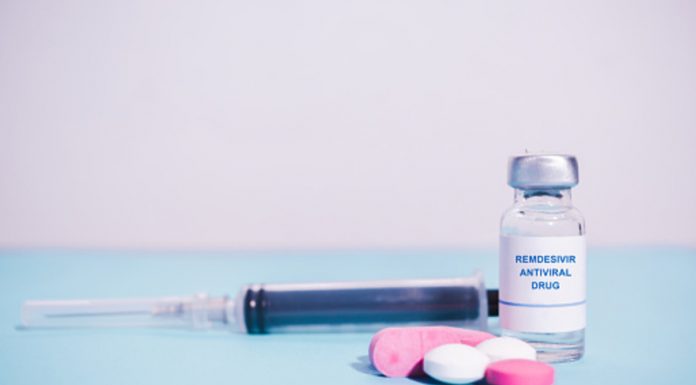
The journey of pregnancy begins with conception, a miraculous moment when an egg is fertilized by sperm. During the first week of pregnancy, many women may not even realize they’re expecting. However, this early stage is crucial for laying the groundwork for a healthy pregnancy. While there may not be significant dietary changes required during week 1, adopting a nourishing diet sets the stage for optimal fetal development. Here’s a comprehensive guide on what to eat and avoid during the first week of pregnancy.
Understanding Pregnancy Week 1:
In the first week of pregnancy, the fertilized egg travels down the fallopian tube and implants itself into the lining of the uterus. This process, known as implantation, marks the beginning of pregnancy. While physical symptoms may not be noticeable at this stage, it’s essential to start making healthy lifestyle choices, including dietary habits, to support the developing embryo.
Sample Diet for Pregnancy Week 1:
- Fruits and Vegetables: Load up on a colorful array of fruits and vegetables rich in vitamins, minerals, and antioxidants. Incorporate options like oranges, berries, spinach, kale, carrots, and bell peppers into your meals and snacks.
- Whole Grains: Opt for whole grains such as brown rice, quinoa, oats, and whole wheat bread. These provide essential nutrients like fiber, B vitamins, and iron, which are vital for both maternal and fetal health.
- Lean Protein Sources: Choose lean sources of protein to support tissue growth and repair. Include options like poultry, fish, tofu, beans, lentils, and eggs in your diet.
- Dairy or Dairy Alternatives: Ensure adequate calcium intake by including low-fat dairy products like milk, yogurt, and cheese. If you’re lactose intolerant or prefer plant-based options, opt for fortified dairy alternatives like almond milk or soy milk.
- Healthy Fats: Incorporate sources of healthy fats such as avocados, nuts, seeds, and olive oil into your meals. These fats provide essential fatty acids necessary for the baby’s brain and nervous system development.
Foods to Avoid During Pregnancy Week 1:
- Alcohol: It’s crucial to abstain from alcohol during pregnancy as it can harm the developing fetus and increase the risk of birth defects.
- High-Mercury Fish: Avoid fish with high mercury levels, such as shark, swordfish, king mackerel, and tilefish. Instead, choose low-mercury options like salmon, shrimp, trout, and catfish.
- Raw or Undercooked Foods: Minimize the risk of foodborne illnesses by avoiding raw or undercooked meats, eggs, and seafood. Ensure that all meat and eggs are cooked thoroughly before consumption.
- Unpasteurized Dairy Products: Steer clear of unpasteurized dairy products as they may contain harmful bacteria such as listeria, which can pose a risk to both maternal and fetal health.
- Excessive Caffeine: Limit your caffeine intake to 200-300 milligrams per day, equivalent to about one 12-ounce cup of coffee. High levels of caffeine have been linked to an increased risk of miscarriage and low birth weight.
Hydration and Additional Considerations:
In addition to a balanced diet, staying hydrated is essential during pregnancy. Aim to drink plenty of water throughout the day to support overall health and hydration. If you have any specific dietary concerns or medical conditions, consult with your healthcare provider or a registered dietitian for personalized guidance and recommendations tailored to your individual needs.
In conclusion, while the first week of pregnancy may not bring noticeable changes, it’s a critical time to focus on nurturing your body with nutritious foods and healthy habits. By following a balanced diet and avoiding harmful substances, you can lay a strong foundation for a healthy pregnancy and baby.





























